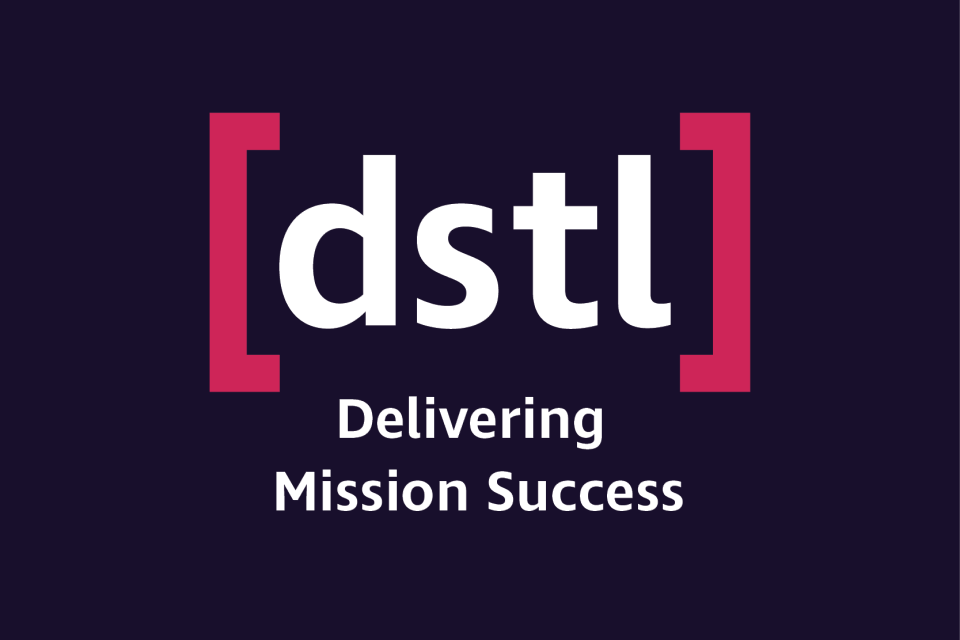Annex A – Dstl Audit and Risk Assurance Committee Schedule of Responsibilities and Matters Reserved for the Committee’s Decision
Updated 6 November 2025
This schedule of responsibilities and matters reserved for the Audit and Risk Assurance Committee’s consideration should be viewed in conjunction with the terms of reference of the Committee. This schedule cannot be, and is not meant to be exhaustive.
1. Financial reporting and compliance
1.1. Monitor the integrity of the financial statements of Dstl, including its Annual Report and Accounts, and any other formal announcement relating to its financial performance, reviewing significant financial reporting issues and judgements which they contain.
1.2. Review any financial information contained in other formal documents.
1.3. Review and challenge where necessary:
- The consistency of, and any changes to, accounting policies
- The methods used to account for significant or unusual transactions where different approaches are possible
- Whether Dstl has followed appropriate accounting standards
- All related material information presented with the financial statements
- Compliance with HM Treasury’s guidance on accounting requirements.
2. Internal Controls and Risk Management Systems
2.1. Keep under review the effectiveness of Dstl’s internal controls and risk management systems, taking into account related ethical standards.
2.2. Ensure that Dstl has a culture which ensures that employees abide by internal controls, and promotes appropriate ethics and values within the organisation.
2.3. Review and approve the statements to be included in the Annual Report and Accounts concerning internal controls and risk management.
2.4. Monitor and review, through the Statement on Internal Control, the effectiveness and security of Dstl’s data handling procedures in line with Cabinet Office guidance.
2.5. Monitor and review Dstl’s anti-fraud policies and fraud incidents, and the ongoing effectiveness of anti-fraud controls and treatments.
2.6. Monitor and review, through the quarterly Assurance Report, the outcomes of any special investigations.
2.7. Monitor and review the adequacy of Dstl’s health, safety and environmental arrangements.
2.8. Overview of capability management.
3. Whistleblowing
3.1. Review the arrangements for Dstl’s employees to raise concerns, in confidence, about possible wrongdoing in financial reporting or other matters. The Committee shall ensure that these arrangements allow proportionate and independent investigation of such matters and appropriate follow up action.
4. Internal Audit
4.1. Monitor and review the effectiveness of the Dstl’s internal audit arrangements.
4.2. Advise on the selection, appointment and removal of the independent internal audit provider.
4.3. Consider and approve the remit and Charter for the internal audit function and ensure it is adequately resourced and has appropriate access to information to enable it to perform its function.
4.4. Review and assess the annual internal audit plan.
4.5. Review promptly all reports on Dstl from the internal auditors.
4.6. Review and monitor actions to implement the agreed recommendations of the internal auditor.
4.7. Meet the Head of Internal Audit at least once a year, without management being present, to discuss their remit and any issues arising from the internal audits carried out. In addition, the Head of Internal Audit shall be given the right of direct access to the Chair of the Board and to the Committee.
5. External Audit
5.1. Discuss with the NAO the selection process when the external audit is to be subcontracted by them and, if the selected external auditor resigns, the Committee shall investigate the issues leading to this and decide whether any action is required.
5.2. Oversee the relationship with NAO and, as appropriate, their selected subcontractor, including (but not limited to)
- Approval of their remuneration, whether fees for audit or non-audit services, ensuring that the level of fees is appropriate to enable an adequate audit to be conducted
- Approval of their terms of engagement, including any engagement letter issued at the start of each audit and the scope of the audit
- Assessing annually their independence and objectivity taking into account relevant UK professional and regulatory requirements and the relationship with the auditor as a whole, including the provision of any non-audit services
- Satisfying itself that there are no relationships between the auditor and Dstl other than in the ordinary course of business
- Assessing annually the effectiveness of the audit process.
5.3. The Committee shall meet the external auditor at least once a year without management being present, to discuss the remit of the external auditor and any issues arising from the audit. In addition, the external auditor shall be given the right of direct access to the Chair of the Board and to the Committee.
5.4. Review and approve the annual audit plan and ensure that it is consistent with the scope of the audit engagement.
5.5. Review the findings of the audit with the external auditor. This review shall include, but not be limited to, the following:
- A discussion of any major issues which arose during the audit
- Any accounting and audit judgements
- Levels of errors identified during the audit.
5.6. Review the overall effectiveness of the audit.
5.7. Review any representation letter(s) requested by the external auditor before they are signed by management.
5.8. Review the management letter and monitor management’s response and actions to implement the agreed findings and recommendations of the external auditors.

